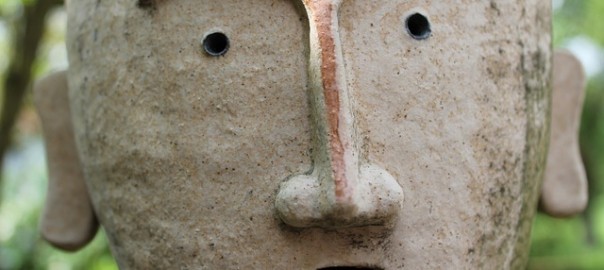N
Rhinofluvium, or runny nose, is a common condition among pensioners, with almost 70% experiencing it during retirement. It most commonly occurs in cold weather – and during impressions of Juliet Stevenson in Truly, Madly, Deeply – and the underlying cause is usually deterioration of the nasal mucoid muscles or, in a minority of instances, sleeping with a saturated sponge up the nose.
In most cases, occasional dabbing of the excess liquid with a tissue or tablecloth will alleviate the problem, but where the exudation becomes chronic, you may need to have your nose cauterised or a large trough attached to your upper lip.
Nasal secretions are often used in homeopathy, as an emollient for shingles, while those of smokers make an excellent marinate for fish and some root vegetables.
In Welsh folklore, a runny nose was held as evidence of witchcraft and in the 1620s, more than 3,000 people were burnt at the stake during a flu epidemic in Monmouth (Trefynwy).

